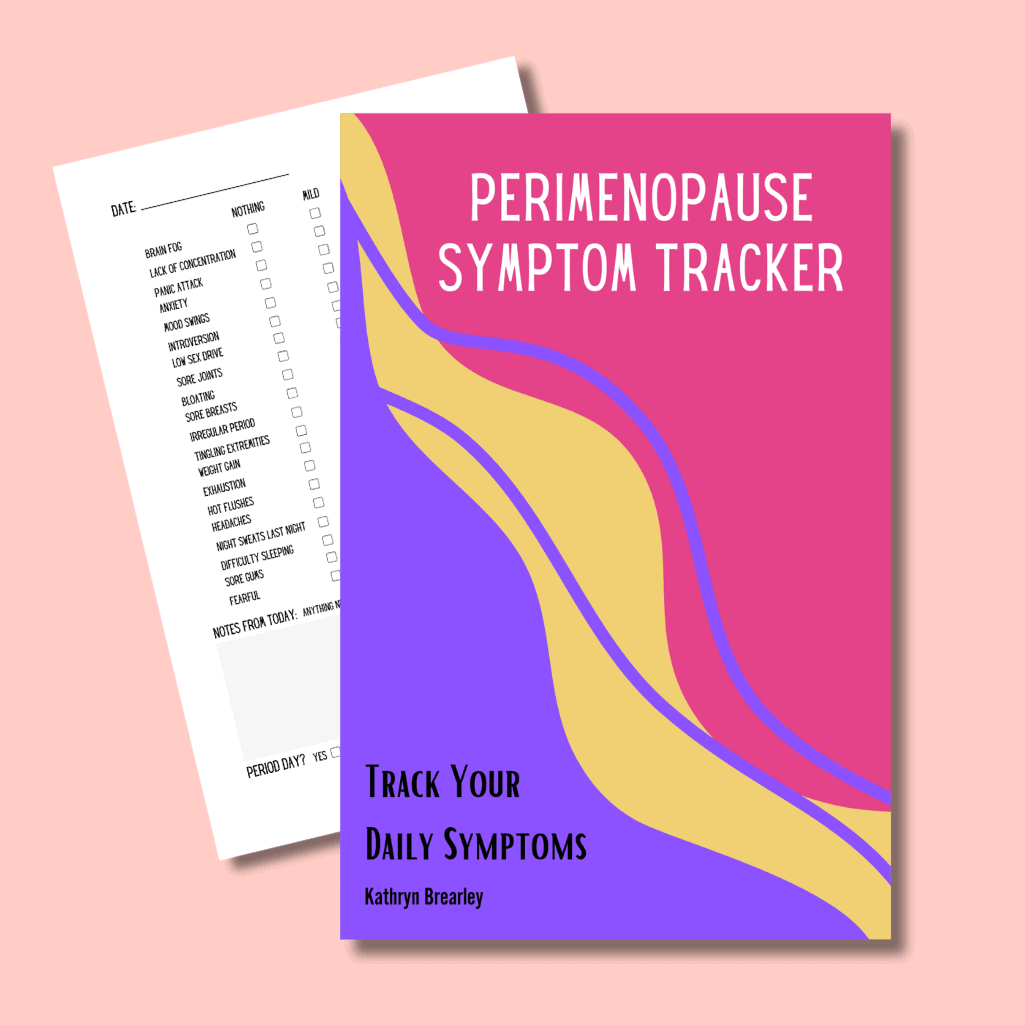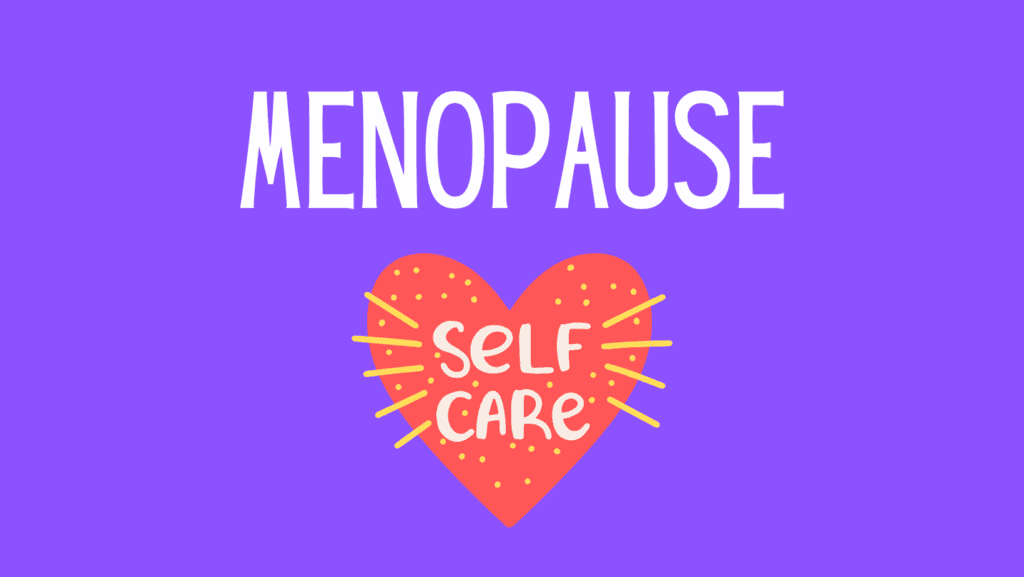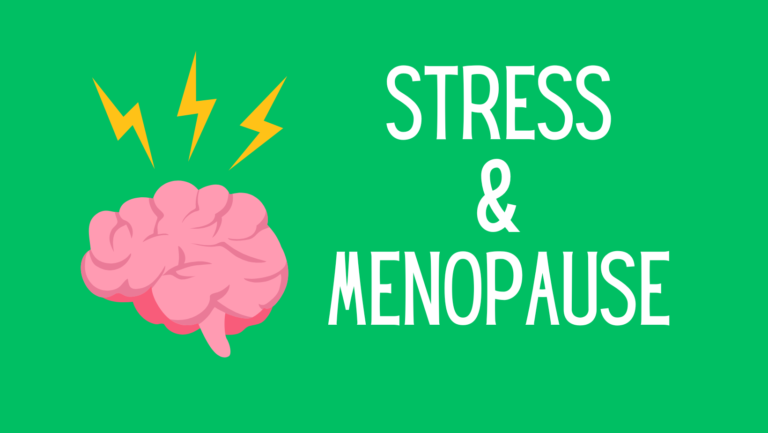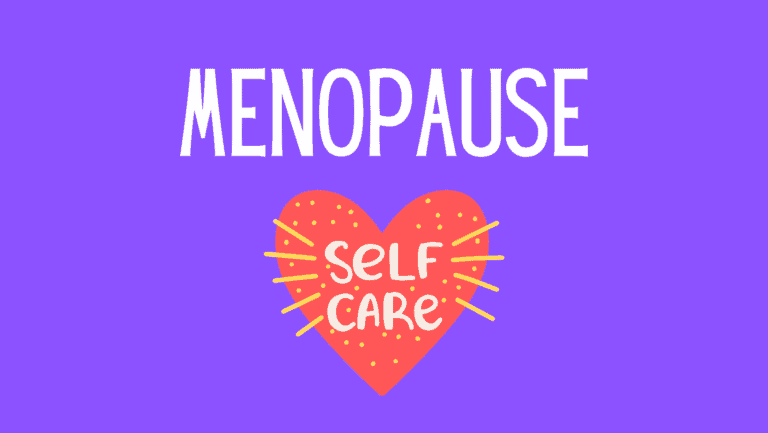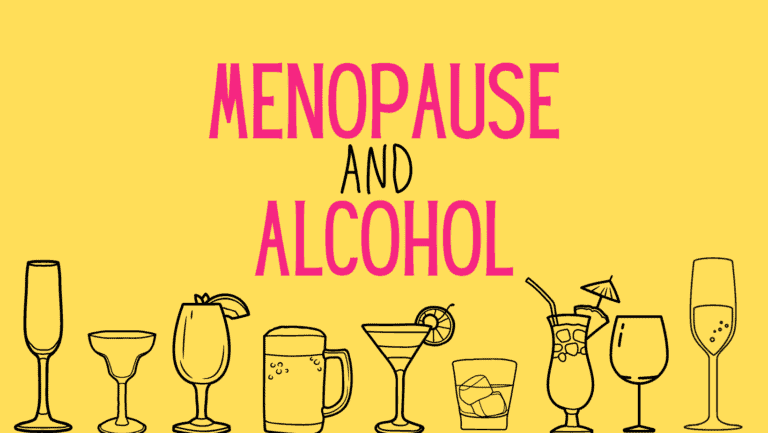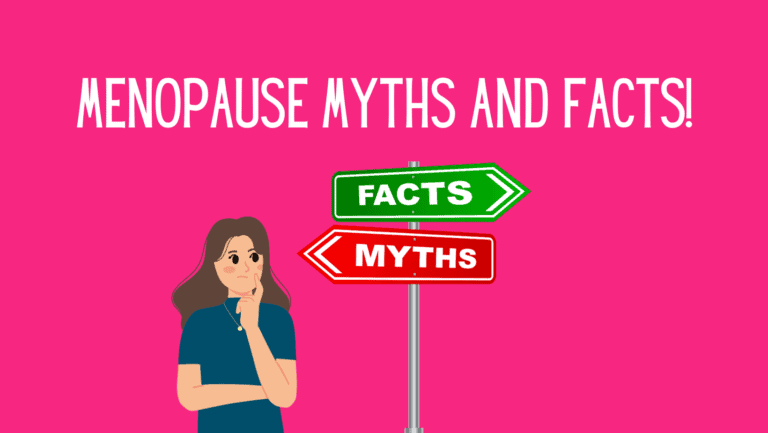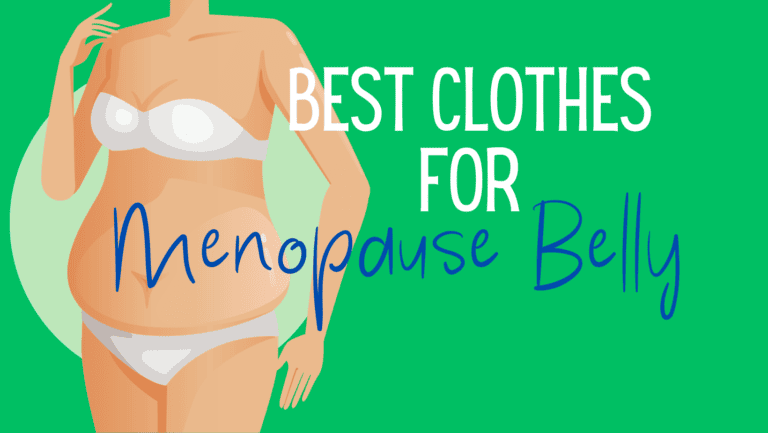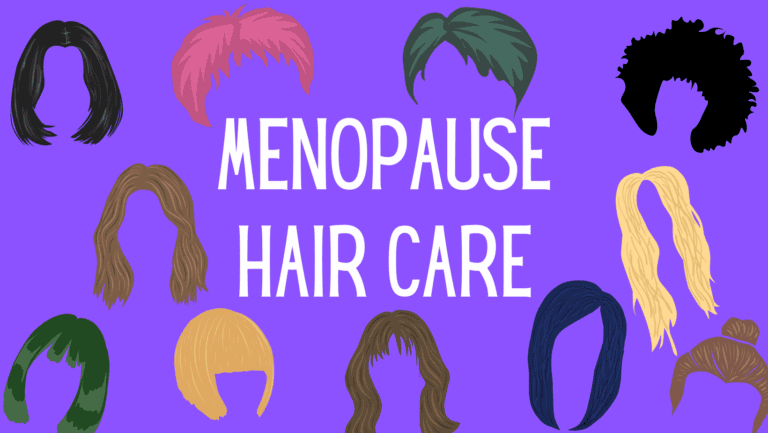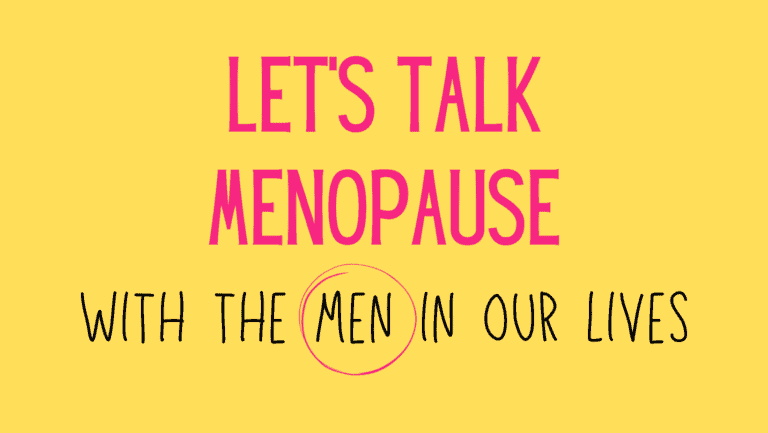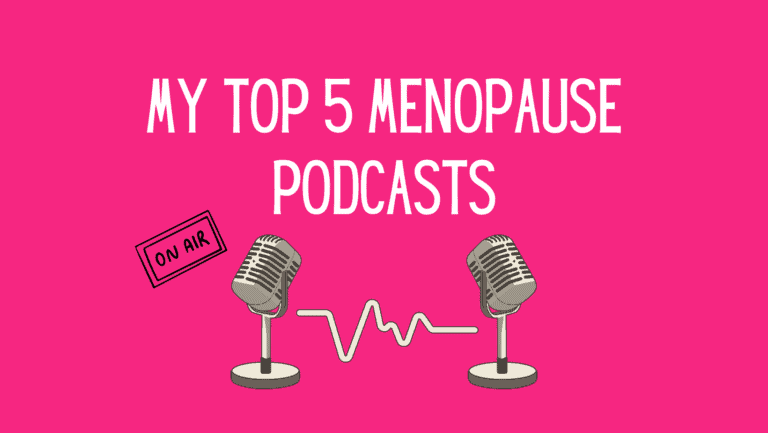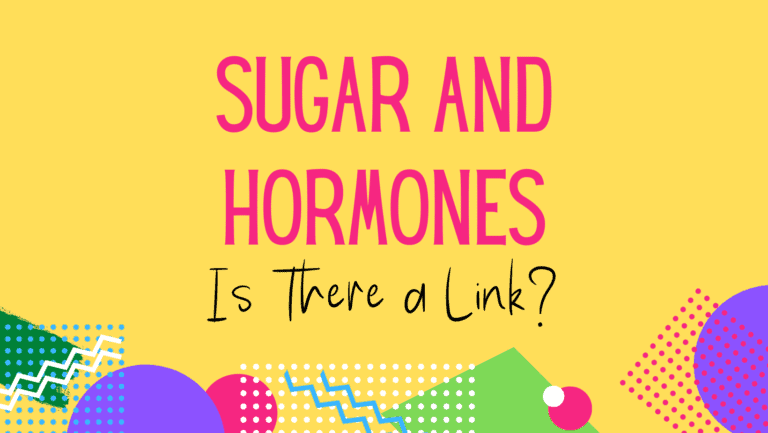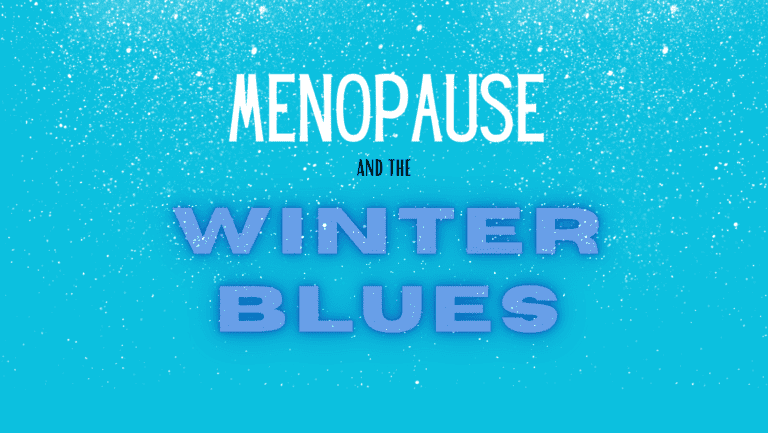If you’re seeking effective menopause self care, you’ve come to the right place. This article delivers clear, concise strategies to tackle symptoms like hot flashes and mood swings, ensuring you feel supported and informed during menopause.
I struggled to be diagnosed and I was perimenopausal from the age of 38, I spent 4 years battling to be heard and finally be treated.
This post looks at what we can do to take care of ourselves whether we have been officially diagnosed or like me, we are pretty sure we are menopausal without anyone really listening.
Key Takeaways
- Recognise the start of perimenopause as early as in the late thirties and be prepared for diverse symptoms ranging from hot flashes to emotional health challenges.
- Adopt a healthy lifestyle focusing on a balanced diet, regular physical activity, and mental well-being practices to effectively manage menopause symptoms.
- Explore self-care measures and treatment options for hot flashes, night sweats, and vaginal dryness to maintain comfort and sexual health during menopause.
Understanding Menopause and Its Symptoms
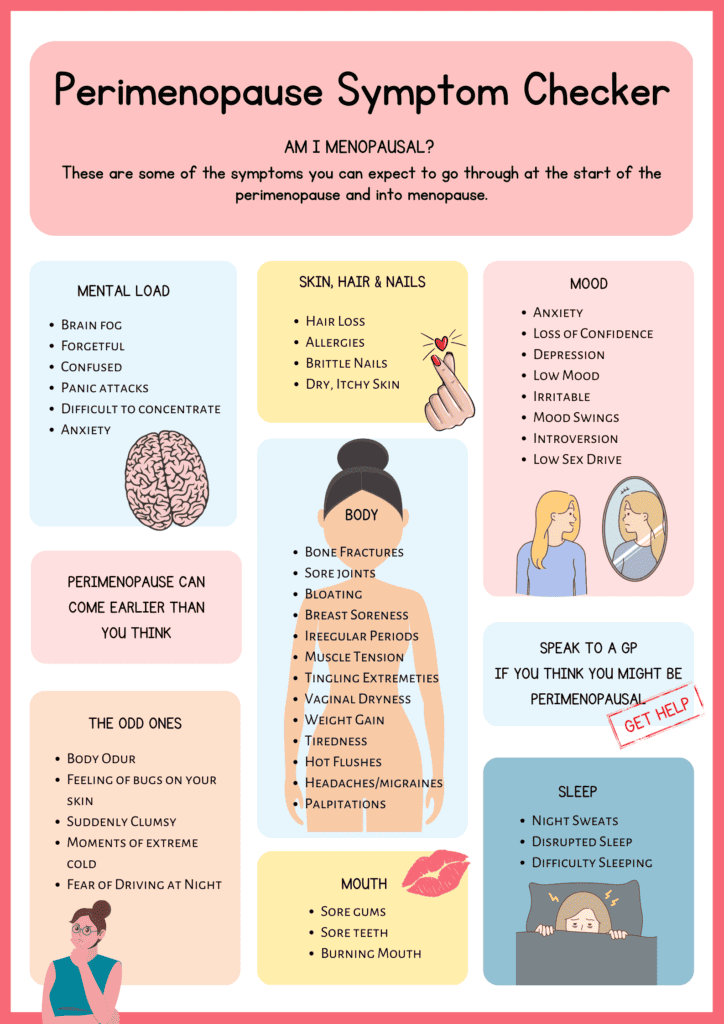
Menopause, a natural process marking the end of a woman’s menstrual cycles, occurs when the ovaries stop releasing eggs and the production of hormones, estrogen and progesterone, ceases.
But did you know that the journey to menopause, also known as perimenopause, can start much earlier than anticipated? Yes, the irregularity in menstrual cycles, a sign of perimenopause, can start as early as in the late thirties.
The symptoms of menopause can range from non-existent to severe, affecting every woman differently. Some common symptoms include:
Hot flashes
Night sweats
Muscle aches
Changes in body shape
Reduced sexual drive
Vaginal dryness
Perimenopause and menopause can also affect mental health, leading to mood swings and emotional health issues. Some of these issues can be seen in the image above.
Bearing in mind that everyone’s experience is unique, it’s vital to understand these symptoms and be prepared.
Understanding the signs and symptoms of menopause is the first step towards empowering menopause self-care. After all, many women have navigated through this phase successfully and so can you!
Embracing a Healthy Lifestyle
Adopting a healthy lifestyle is a cornerstone in managing menopause symptoms. From a balanced diet, regular exercise, to mental well-being practices, let’s delve into how these topics of a healthy lifestyle can help you navigate this phase smoothly.
Diet and Nutrition

A nutritious diet is like the fuel that keeps your body running smoothly, especially during menopause. It’s crucial to eat well and rest to manage menopause symptoms efficiently. As we age, particularly during menopause, a balanced and nutritious diet becomes even more important for overall health.
I noticed a huge difference when I started to eat less sugar, thanks to the Glucose Goddess and put a lot more greens in my body to support my gut microbiome.
During menopause, maintaining bone health becomes paramount. In fact, calcium and vitamin D are critical nutrients for preventing bone thinning during this phase. Vitamin D supplementation is often recommended for adults over 50 to support bone health. Weirdly the very first symptom I had to suggest that I may be perimenopausal was a sore arm. It was so painful I couldn’t cope with anyone touching it.
Adequate dietary protein also plays a role in maintaining bone health for postmenopausal women. Incorporating vitamin d supplements into your diet can be an effective way to ensure proper intake of this essential nutrient.
For managing menopausal symptoms, a diet equipped with the below will help a great deal:
plenty of fruits
vegetables
whole grains
low saturated fats
added sugars
Weight management during menopause can be truly beneficial, and achieving a healthy weight comes from a healthy diet that encourages long-term adherence and healthy habit formation.
I know that typing this that some people will be affronted but as someone who put on nearly two stone thanks to perimenopause belly bloat, I knew that if I wanted to feel better, I needed to figure out how to get my weight in check.
Exercise and Physical Activity

Regular physical activity can be your best ally during menopause but it will feel like the very last thing you want to do.
I know it is hard to see exercise as menopause self care, but it really is.
I felt overweight, hot, my bones hurt and I could barely remember my name most days, I did not feel like exercising. Not one bit.
Exercise can help reduce the frequency and severity of menopausal symptoms, while enhancing both mental and physical well-being.
Postmenopausal women are recommended to engage in weight-bearing and muscle-strengthening exercises, such as walking and yoga, which have been shown to improve symptoms.
During menopause, women experience an increase in abdominal fat and a decrease in muscle mass. Here’s where regular exercise comes to the rescue! It can help mitigate these changes in body composition.
You don’t have to run laps but go for a brisk walk or a slow walk, but walking will really help your body and mind. I also started out with very light kettlebell workouts to try and get some strength training in.
Mental Well-Being

As we navigate menopause, our mental well-being can often take a backseat. However, it’s crucial to remember that changes in mood, anxiety, and reduced self-esteem can be related to menopause and perimenopause.
So, how can we ensure our mental well-being during this phase?
Mindfulness and meditation are recognised as effective methods of menopause self care.
Stress and anxiety reduction is pivotal for improving sexual desire and managing symptoms of menopause. Activities like yoga, tai chi, and journaling can be beneficial self-care strategies.
Boosting mood and energy levels during menopause can be achieved through enjoyable practices such as:
listening to upbeat music
dancing (yes, dancing around the kitchen counts)
engaging in a social media detox
decluttering personal space
writing a daily gratitude list
Write a daily list of things to do (brain fog makes remembering this tough which breeds more stress)
I want to make it clear that this is a high level view of keeping your mood up, but I know how bad things can get. If you feel at any point you are struggling to do daily tasks PLEASE speak to a healthcare professional.
Coping with Hot Flashes and Night Sweats

Hot flashes and night sweats can be quite challenging during menopause. But don’t worry, self-care measures and treatment options can help you cope with these symptoms.
Lifestyle changes, such as engaging in regular physical activity, can reduce the frequency and intensity of hot flashes. Some strategies to consider include:
Wearing lighter clothing
Keeping the bedroom cool
Avoiding known triggers like spices and alcohol (and stress)
Wearing breathable clothing (opt for cottons and linens)
Using cooling pillows
These changes can help with hot flushes and night sweats, and assist in managing the discomfort from hot flashes but are not fool proof. You will need to try a few things to see what might work for you.
Addressing Vaginal Dryness and Intimacy Issues
Vaginal dryness and intimacy issues during menopause can affect your sexual health. But, with open communication, lubricants, and medical treatments, these issues can be effectively addressed.
Over-the-counter vaginal moisturisers and water-soluble lubricants can help manage vaginal dryness during sexual activity.
Prescription estrogen treatments, available as a pessary, cream, or ring, can also alleviate vaginal dryness and are compatible with hormone replacement therapy.
There is over the counter estrogen cream now, but you will need to do your research. This is one we have in the UK.
Seeking Professional Help and Support
When menopause symptoms disrupt your daily life or when guidance on treatment options is needed, seeking professional help and support through health communication becomes essential.
When the brain fog, social anxiety, mood swings, sore breasts, bloating and migraines got too much for me, I went to my doctor.
I was given combination HRT in the form or progesterone tablets and estradiol gel sachets and for me, this completely changed my life.
I can’t keep banging on about this but please do consult a healthcare provider when menopause symptoms are so severe that they disrupt daily life.
There are some doctors who will say you are too young for these symptoms to be menopause and will fob you off. Don’t listen.
Ask to speak to a professional who is a menopause specialist. They have the adequate training to diagnose and help you.
Alternative Therapies and Supplements
Alternative therapies and supplements provide additional support in managing menopause symptoms. Some options to consider include:
Herbal supplements like black cohosh and phytoestrogens from soy for menopausal relief
Sage supplements for hot flushes and night sweats
Sea buckthorn oil for dryness issues
Valerian or hops for sleep problems during menopause
These options can be beneficial in alleviating symptoms and improving overall well-being during menopause.
There is so much content out there about helping your menopausal symptoms naturally that it wont take you ling to find it.
Setting Boundaries and Prioritising Self-Care
During menopause, setting healthy boundaries and prioritising menopause self-care is crucial for overall well-being and stress reduction.
It can be very hard to say no, but no is a complete sentence. You do not have to justify yourself all the time and if you are not feeling OK and dealing with the multitude of menopause symptoms you really need to put yourself first.
Especially if you are a Mum. Trying to parent pre-teens whilst in the throws of perimenopause was the hardest thing I have ever done. I wish I had said no to more people and took care of myself more.
Saying ‘No’ without explaining will provide relief and take off a lot of pressure.
Summary
Empowering menopause self-care is a journey of understanding, embracing a healthy lifestyle, coping with symptoms, seeking professional help, and trying alternative therapies.
There is no, one perfect course of action when it comes to self care, only you know what will bring you comfort. Try lots of things, see what might work for you and stick with it.
You are not alone.
Kathryn x
Frequently Asked Questions
How do I take care of myself during menopause?
During menopause, take care of yourself by eating a diet low in salt and saturated fat, getting enough vitamin D and calcium, exercising regularly, reducing alcohol intake and stress, avoiding triggers like spicy food and caffeine, and wearing light clothing and keeping your bedroom cool at night. Regular health screening is also important.
What are the 3 stages of menopause?
Menopause is divided into three stages: perimenopause, menopause, and postmenopause. These stages mark the decline in hormone production and the end of the menstrual cycle. Embrace these stages with knowledge and self-care.
Why do I feel so ill during menopause?
Feeling ill during menopause can be due to changes in hormones affecting both your mental and physical health, leading to symptoms like anxiety, stress, and depression, as well as feelings of anger and irritability. It’s important to seek support and care during this time.
What is menopause?
Menopause is a natural process that marks the end of a woman’s menstrual cycles, occurring when the ovaries stop releasing eggs and hormone production decreases. Embrace this stage as a new chapter in life.
How can diet and exercise help during menopause?
Eating a nutritious diet and exercising regularly can help manage menopause symptoms, maintain bone health, and mitigate changes in body composition. Take care of your body during this stage.
Kathryn
Disclaimer: I am not a medical professional, herbal or physical therapist, and I am not educated in the menopause space. All opinions expressed on this blog are my own and should not be taken as medical advice. This blog is intended to share my personal experiences and insights, and should not be used as a substitute for professional advice. Please consult a qualified medical professional, herbal or physical therapist for any health-related concerns. Additionally, I strive to keep things light and entertaining, but please keep in mind that the topics discussed on this blog may be sensitive or triggering for some readers.
Get Your Free Perimenopause Symptom Checker
Thank you!
Your symptom checker is on its way to you!
The perimenopause Symptom Tracker
Is your doctor not taking your symptoms seriously?
I was 38 and perimenopausal and no one would take me seriously, so I spent months tracking my symptoms and went back to the doctor armed with as much data as I could. Only then was I tested and it was confirmed I was Perimenopausal.
Get your facts and symptoms in order with this symptom tracker and then present it to your doctor, clearly showing what is happening and when.
